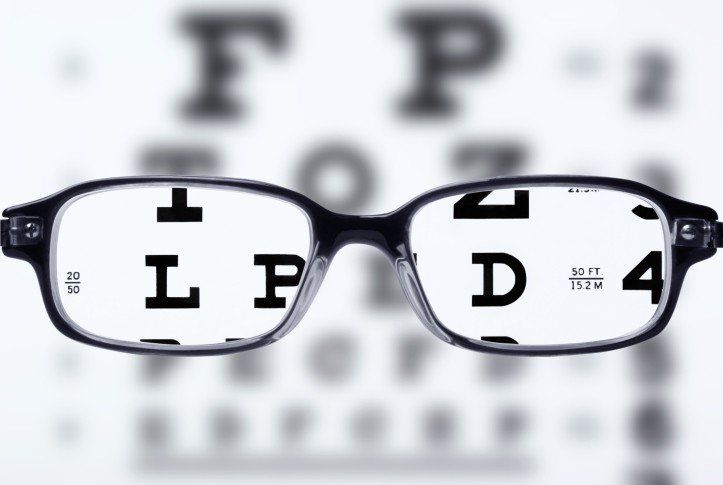CAN MYOPIA BE CONTROLLED?

This blog article contains updated research from a previous post on this topic.
Myopia, or nearsightedness, is a condition of the eye resulting in blurry vision in the distance. It can be corrected by glasses, contact lenses or laser refractive surgery. High levels of myopia are associated with diseases such as retinal detachment, glaucoma, cataracts and other diseases of the retina. This combined with decreased quality of life resulting from greater dependence on glasses or contact lenses has led to much research in the area of myopia control.
Myopia is on the rise around the world. In parts of East Asia upwards of 80% of people have myopia. This figure is between 30 and 50% in North America. One study found the incidence of myopia increased by 17% over 30 years in the US. At one point it was thought to be mainly genetic, but with the rapid increase particularly in children, attention has been given to environmental factors.
Several studies have found that myopia is lower in children who spend more time outdoors. While the reasons are not well understood, the theories include the effects of outdoor light on pupil size, the reduced amount of “near focus” involved with playing outdoors vs. being indoors reading or playing video games, and the effects of certain wavelengths of light on the physical growth of the eye itself.
Other studies performed with myopic children have found that by intentionally directing the focus of the light entering the eye onto the peripheral retina (instead of just the central retina as most lenses do) the amount of myopia increase is lessened over time. A special lens developed for this purpose is now available at Mountain View Optometry – called the Zeiss Myovision , our doctors will often prescribe this lens for children who are diagnosed with myopia at an early age, and are therefore at higher risk for rapid increases in their glasses prescription.
Many eye doctors used to intentionally under correct some of their patients who were showing rapid increases in their myopic eyeglass corrections. We now know through research that this is not only useless in terms of altering the progression of myopia, it may actually have the reverse effect and increase myopia over time. Now our technique is to recommend more frequent adjustments to prescriptions that are changing rapidly. **All Nikon and Zeiss Aspheric lenses purchased at Mountain View Optometry include prescription adjustments at 6 months after purchase, free of charge. All children under 18 who are showing rapid increases in their eyeglass prescriptions are now checked at 6 month intervals to ensure accurate and precise lens corrections are up-to-date.
Other interesting techniques for myopia reduction include fitting multifocal soft contact lenses, and the wearing of overnight rigid lenses to reshape the corneal curvature. Stay tuned, as more research becomes available we will keep you informed on the latest and most effective treatments to slow down the progression of myopia.
-Dr. Wilk
(sources: ; https://www.reviewofoptometry.com/content/c/37770/ )
